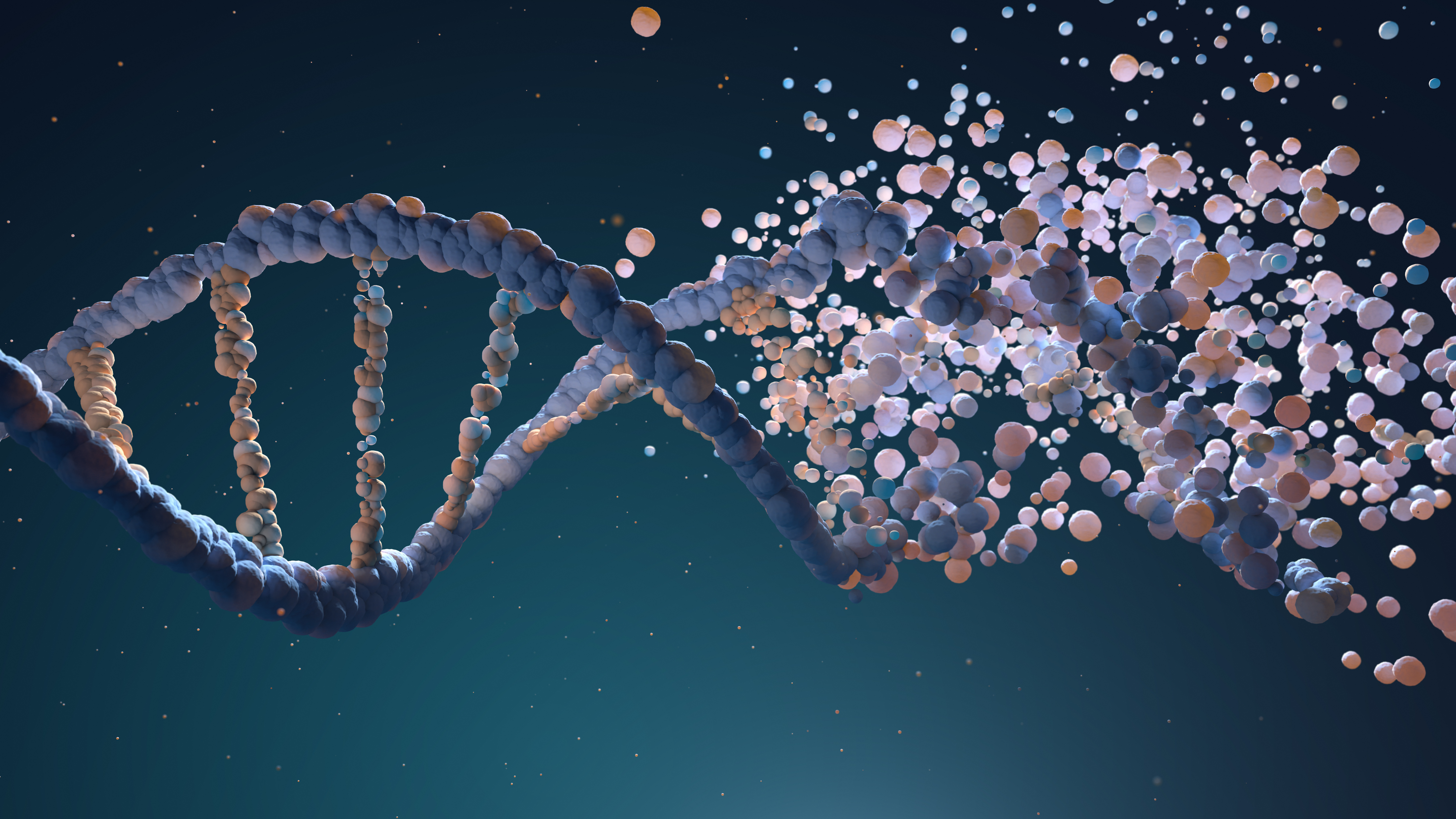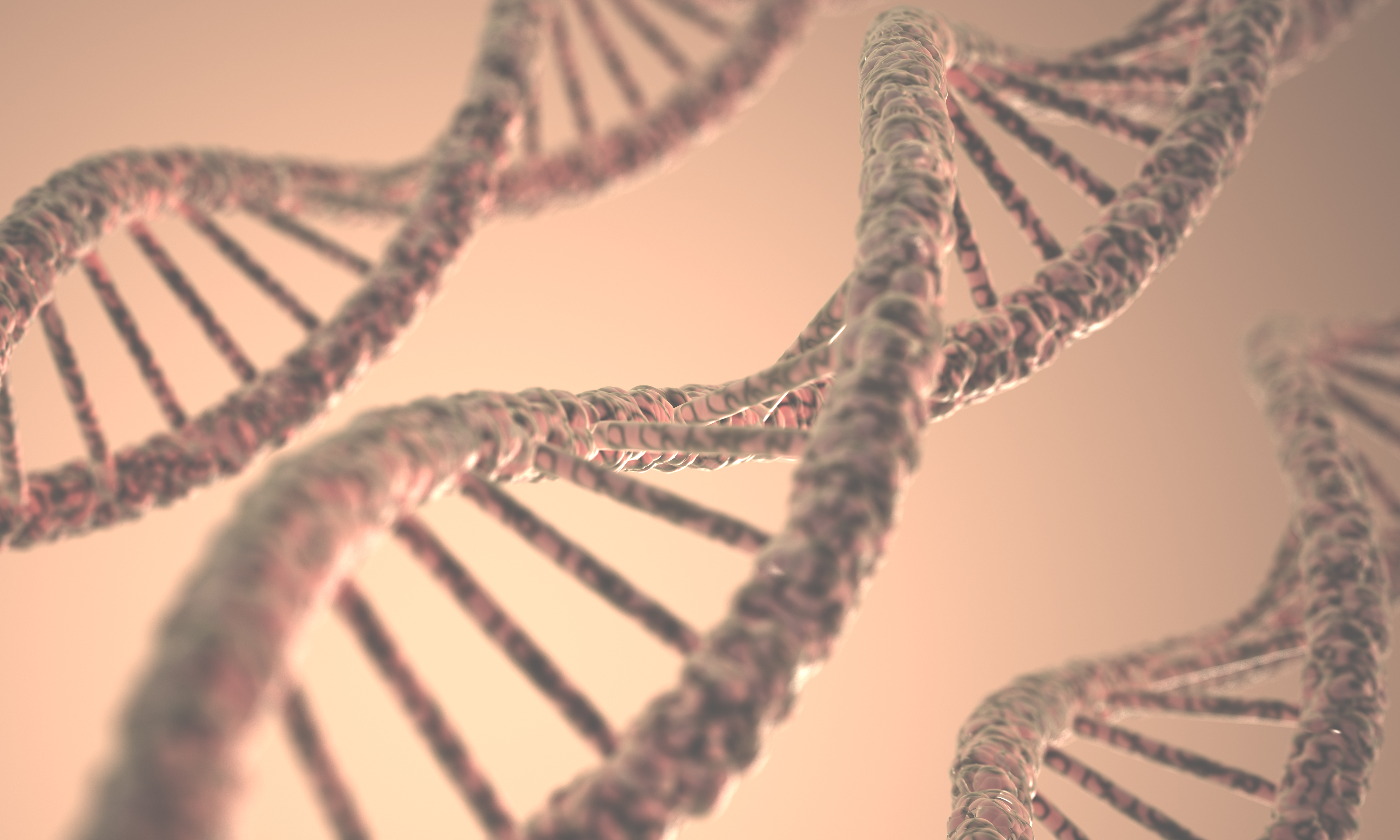12 Epigenetic Hacks: Simple Ways to Influence Your Genes for Better Health
Your DNA isn’t a sentence—it’s a starting point. While your genes may set the stage, they don’t dictate the entire performance. That’s where epigenetics comes in: the powerful science revealing how your daily choices—what you eat, how you move, the stress you carry, even the thoughts you repeat—can switch genes on or off like dimmer lights. In other words, you’re not just the sum of your genetic code—you’re the co-author. This article dives into 12 fascinating, science-backed ways to influence your gene expression, not through gimmicks or extremes, but through small, intentional habits that add up over time. Whether you’re looking to prevent disease, boost vitality, or simply live in better alignment with your biology, these strategies offer a blueprint for how to turn your genes into allies—not limits. The power isn’t hidden in your DNA. It’s in how you live with it. Ready to rewrite your story? Let’s begin.
1. Understanding Epigenetics: The Basics

Epigenetics refers to the study of changes in gene expression that do not involve alterations to the underlying DNA sequence. These changes are influenced by various factors, including diet, stress, and environmental exposures. Unlike genetic mutations, which are permanent, epigenetic modifications can be reversible. They act like switches, turning genes on or off, or dimming their activity. This dynamic nature allows for a flexible response to the environment, enabling organisms to adapt to changes without altering their genetic code. Understanding these mechanisms provides a powerful tool for influencing health and disease outcomes, setting the stage for targeted interventions.
2. Diet and Nutrition: The Building Blocks

What we eat can significantly impact our epigenetic landscape. Nutrients and bioactive food compounds can modify gene expression by influencing DNA methylation and histone modification processes. For example, folate, found in leafy greens, is a key player in methylation, a crucial epigenetic mechanism. Similarly, polyphenols in berries and green tea have been shown to modulate gene expression related to inflammation and cancer. By choosing a diet rich in fruits, vegetables, whole grains, and lean proteins, we can provide our bodies with the essential components to support optimal epigenetic health, potentially reducing the risk of chronic diseases.
3. Exercise: Moving for Genetic Fitness

Physical activity is not just beneficial for cardiovascular health and weight management; it also plays a crucial role in shaping our epigenetic profile. Regular exercise can lead to beneficial changes in gene expression, particularly those related to metabolism, inflammation, and stress response. Research has shown that even moderate levels of physical activity can induce epigenetic modifications that promote muscle function and reduce the risk of metabolic disorders. By incorporating consistent exercise into our routine, we can harness its power to positively influence our genes, contributing to overall wellness and longevity.
4. Stress Management: Calming the Genetic Storm

Chronic stress is a silent but powerful influencer of our epigenetic makeup. Prolonged exposure to stress hormones like cortisol can lead to detrimental changes in gene expression, affecting immune function and increasing the risk of mental health disorders. Mindfulness practices such as meditation, yoga, and deep-breathing exercises have been shown to counteract these effects by promoting beneficial epigenetic modifications. By prioritizing stress management, we can protect our genetic health, reducing the risk of stress-related illnesses and enhancing our ability to adapt to life's challenges with resilience and grace.
5. Sleep: The Genetic Reset Button

Sleep is a vital component of health that allows the body to repair and rejuvenate. During sleep, the body undergoes numerous epigenetic changes that are crucial for maintaining homeostasis and cognitive function. Disruptions in sleep patterns can lead to adverse epigenetic modifications, contributing to the development of metabolic disorders, obesity, and cognitive decline. Ensuring adequate and quality sleep is essential for allowing the body to perform these genetic 'resets,' supporting overall health and well-being. Establishing a consistent sleep routine and creating a restful environment can significantly enhance the quality of sleep and its epigenetic benefits.
6. Environmental Toxins: The Hidden Influencers

Our environment is filled with toxins that can negatively impact our epigenetic landscape. Exposure to pollutants, heavy metals, and endocrine disruptors can lead to harmful changes in gene expression, increasing the risk of various diseases. For instance, cigarette smoke and air pollution have been linked to epigenetic modifications associated with lung cancer and cardiovascular diseases. By minimizing exposure to these environmental toxins through lifestyle choices and advocating for cleaner environments, we can protect our genetic health and reduce the risk of toxin-related health issues, fostering a safer and healthier living space.
7. Social Connections: The Genetic Social Network

Human beings are inherently social creatures, and our interactions can have profound effects on our genetic expression. Social support and positive relationships have been shown to influence epigenetic markers related to stress and immune function. Conversely, social isolation and negative interactions can lead to detrimental epigenetic changes, increasing the risk of mental health disorders and chronic diseases. By cultivating strong, supportive relationships and engaging in community activities, we can enhance our genetic resilience, promoting mental and physical health through the power of positive social connections.
8. Mind-Body Practices: The Epigenetic Bridge

Mind-body practices such as tai chi, qigong, and acupuncture are ancient techniques with modern scientific backing. These practices can modulate gene expression by reducing inflammation and stress, promoting relaxation and overall well-being. Studies have shown that regular engagement in mind-body practices can lead to beneficial epigenetic changes, enhancing immune function and reducing the risk of chronic diseases. By incorporating these practices into our daily routine, we can create a harmonious balance between mind and body, leveraging their epigenetic benefits to support a healthier, more vibrant life.
9. Gut Health: The Microbial Gene Whisperers

The gut microbiome, a complex community of microorganisms residing in our digestive tract, plays a crucial role in modulating our epigenetic landscape. These microbes produce metabolites that can influence gene expression, impacting immune function, metabolism, and even mental health. A balanced and diverse microbiome is essential for maintaining optimal genetic health. Probiotics, prebiotics, and a diet rich in fiber can support a healthy gut microbiome, promoting beneficial epigenetic modifications. By nurturing our gut health, we can enhance our overall well-being, harnessing the power of microbial gene whisperers to support our genetic potential.
10. Hydration: The Molecular Conductor

Water is essential for life, and its role in maintaining epigenetic health is no exception. Proper hydration supports cellular function and facilitates the removal of toxins, which can influence gene expression. Dehydration, on the other hand, can lead to oxidative stress and adverse epigenetic modifications, contributing to the development of chronic diseases. By ensuring adequate hydration, we can support the body's natural detoxification processes and promote optimal cellular function, providing a conducive environment for healthy gene expression. Incorporating sufficient water intake into our daily routine is a simple yet powerful way to support our genetic wellness.
11. Herbal and Natural Supplements: The Epigenetic Allies

Herbal and natural supplements have been used for centuries in traditional medicine systems for their health-promoting properties. Many of these natural compounds can influence gene expression, offering potential benefits for preventing and managing diseases. For example, curcumin from turmeric and resveratrol from grapes have been shown to modulate pathways related to inflammation and aging. While supplements can provide a beneficial boost, it's important to approach them with caution and consult healthcare professionals to ensure they complement our individual health needs. By wisely integrating these epigenetic allies, we can enhance our genetic wellness journey.
12. Positive Thinking: The Optimistic Gene Activator

Our thoughts and emotions can have tangible effects on our genetic expression. Positive thinking and a hopeful outlook have been associated with beneficial epigenetic changes that boost immune function and reduce stress-related gene expression. Practices such as gratitude journaling, affirmations, and visualization can foster a positive mindset, promoting genetic resilience and overall well-being. By consciously cultivating positivity, we can activate the optimistic genes within us, enhancing our ability to cope with life's challenges and fostering a healthier, more fulfilling existence.
Embracing the Epigenetic Journey

The real breakthrough of epigenetics isn’t in the science—it’s in the agency it offers. You’re not just a passenger in your genetic journey; you’re the one at the wheel. Every mindful bite, every deep breath, every moment of connection or movement is a cue your body listens to, reshaping how your genes express themselves. These 12 lifestyle shifts aren’t just wellness tips—they’re levers of transformation, quietly influencing your biology from the inside out. When you align your choices with your genetic potential, you don’t fight your body—you unlock it. The result? A life that feels not only healthier, but more attuned, more alive, and more yours. This is the promise of epigenetics: that your daily habits can become the most powerful medicine of all. So tune in, take the lead, and let your body play the score it was always capable of composing—on your terms.
